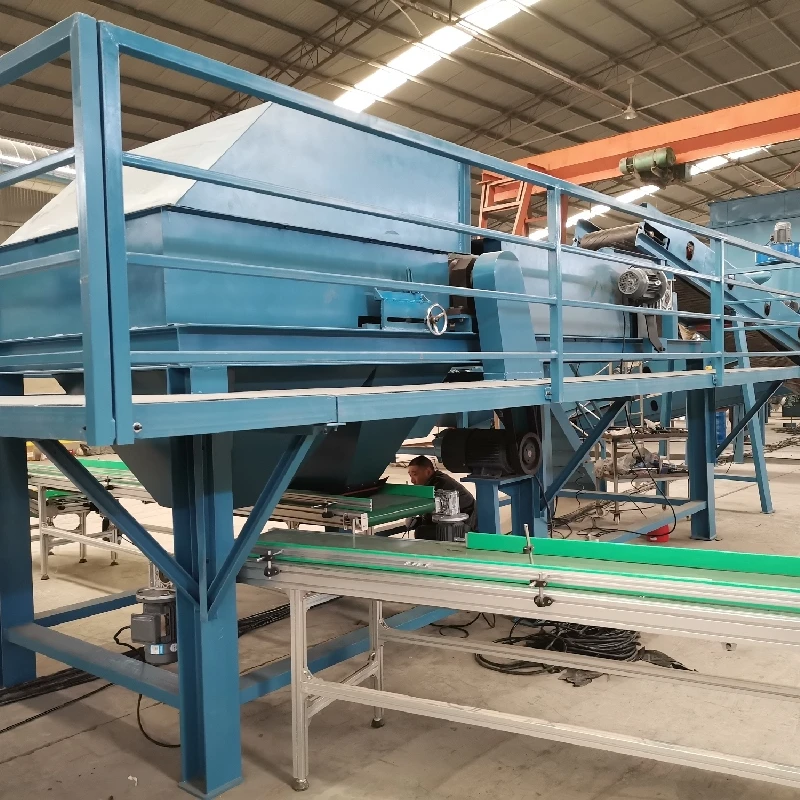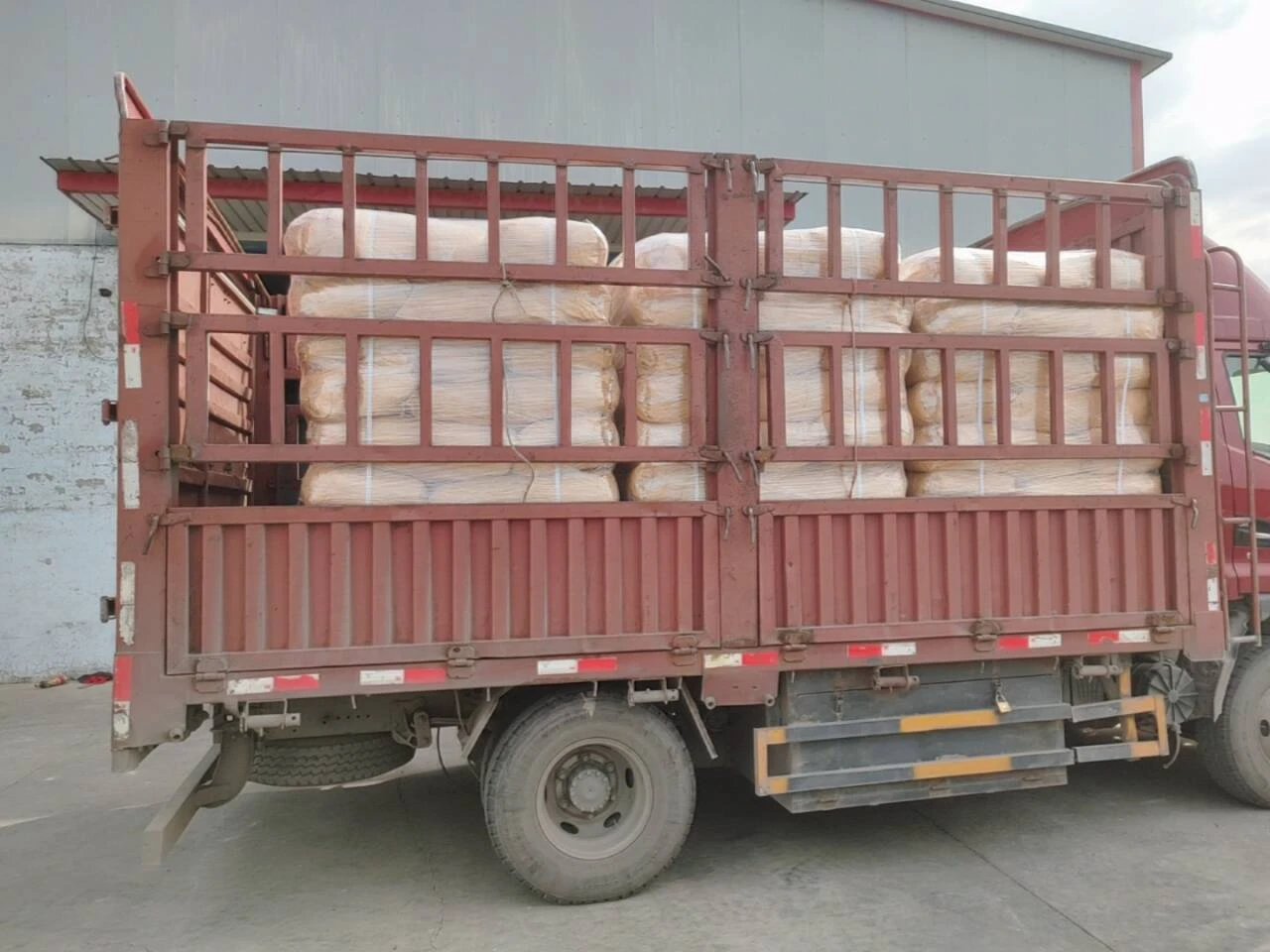In the world of material processing, non-ferrous metal separation stands as a crucial component of recycling and waste management industries. Non-ferrous metals, which include aluminum, copper, lead, zinc, and nickel, among others, possess properties such as resistance to corrosion and high conductivity, making them valuable assets in various industrial applications. Therefore, efficiently separating these metals from waste streams or mixed materials is essential for maximizing their reuse and maintaining sustainable practices.

At the forefront of non-ferrous metal separation technology is the eddy current separator, a sophisticated piece of equipment widely regarded for its ability to distinguish non-ferrous metals from other materials. Experience in the application of eddy current separators reveals that the success of the separation process heavily relies on the material's particle size and the speed of the conveyor carrying the mixed waste. Optimum results are typically achieved when the material is uniformly sized and the conveyor speed is finely tuned to synchronize with the machine's frequency settings.
Another innovative approach involves sensor-based sorting technology, which has revolutionized the efficiency and accuracy of non-ferrous metal separation. This method employs advanced sensors that can detect specific properties of materials, such as electromagnetic and spectroscopic characteristics. Expert operators of sensor-based systems emphasize the importance of calibrating sensors to detect impurities accurately, thereby enhancing the overall purity of the separated metals.
These technologies illustrate the expertise necessary to execute complex separation processes.

Authority in the field of non-ferrous metal separation is often demonstrated through the development of cutting-edge facilities that integrate numerous separation technologies, including both traditional methods, like gravity separation and magnetic separation, alongside modern technological advancements. The integration creates a hybrid approach that maximizes sorting efficiency and ensures that even the smallest particles of non-ferrous metals are recovered. Insights from those who have designed and operated such facilities underscore the importance of continuous monitoring and adjusting operational parameters to accommodate varying material compositions.
non ferrous metal separation
Trustworthiness in non-ferrous metal separation initiatives is built through adherence to environmental and safety regulations. Reliable separation processes comply with stringent guidelines to prevent environmental contamination and ensure worker safety. Operators with a wealth of experience highlight the necessity of regular equipment maintenance and thorough training programs for handling hazardous materials. These practices not only safeguard human and environmental health but also reinforce the credibility of the enterprises involved.
Investments in research and development are crucial for advancing the reliability and efficiency of non-ferrous metal separation processes. Research teams across the globe are exploring new materials and innovative technologies, such as artificial intelligence and machine learning, to predict and enhance separation outcomes. The potential of these technologies to improve precision and reduce energy consumption cannot be overstated, opening new pathways to more sustainable recycling methods and material recovery strategies.
For businesses involved in recycling, investing in top-notch non-ferrous metal separation equipment and strategies is vital. This investment is validated by the increasing demand for recycled non-ferrous metals, driven by their application in electric vehicles, consumer electronics, and renewable energy systems. Companies that lead in separation technology not only contribute significantly to the circular economy but also position themselves as pioneers in sustainable industrial practices.
Through real-world applications and cutting-edge innovations, the realm of non-ferrous metal separation continues to evolve. The expertise, authority, and trust accrued by industry professionals reflect their dedication to enhancing these critical processes. As industries worldwide strive to meet sustainability goals, the separation and reclamation of non-ferrous metals will undoubtedly play a pivotal role in shaping a future where resources are optimized and ecosystems preserved.



